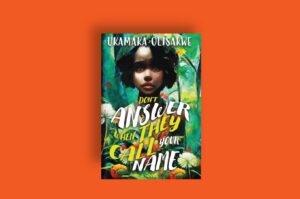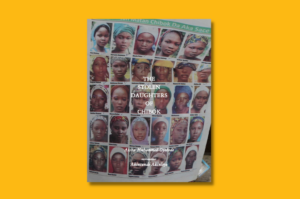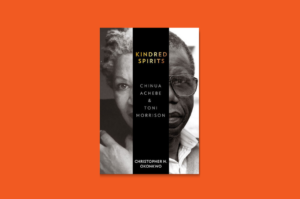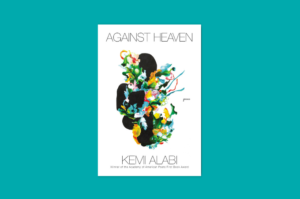
In Refusing to Be Made Whole: Disability in Black Women’s Writing, published by University Press of Mississippi, academic Anna LaQuawn Hinton studies how contemporary Black women writers take up Africanist spiritual practices to work through experiences of trauma and disability.
The monograph focuses on literature published after the civil rights movements of the 1950s and 1960s, particularly the late 1970s onward, with groundbreaking authors such as Toni Cade Bambara, Gayl Jones, Gloria Naylor, Ntozake Shange, Audre Lorde, Alice Walker, Toni Morrison, Octavia Butler, Sapphire, and Sarah E. Wright. Hinton considers how these Black women writers navigate and redefine disability.
Refusing to Be Made Whole, examines how these writers understand disability as not just a physical or medical condition, but as a deeply traumatic, yet spiritually significant, aspect of Black womanhood. Hinton explores how this understanding of disability is a re-writing of Western narratives that are underpinned by ableism, racism, sexism, and other oppressive ideologies and practices. Historically, Blackness itself was understood as a disability, “a form of bodymindspirit difference in contradistinction to whiteness (re: healthy and able-bodied) as an ideal” (6). In their essays, life-writing, and fiction, Hinton argues, contemporary Black women writers turned to Africanist spiritual understandings as a counter to violent Western normativity.
Africanist spiritual belief-systems offer these writers alternate ways to comprehend wholeness. Hinton describes how they appealed to a mix of African traditional religions (ATRs), African-derived religions (ADRs), and Indigenous-American belief systems that “understand debilitating injury and illness as not only physical and mental but also spiritual, as not just an individual problem but a symptom of communal discord” (4). Such spiritual accounts allow Black women a more capacious approach for understanding bodies, illness, and disability. Healing, routed through African spiritualist systems, emphasizes practice and process, not an impossible return to able-bodiedness. Hinton uses the term “Africanist” to suggest a relation to African origins without making explicit claims about Africa and African religions. The Africanist cosmological systems she describes are revised, syncretized versions of whatever spiritual traditions survived the middle passage and interacted with Christianity and Indigenous American belief systems. Africanist spirituality has been critical to Black revolutionary struggles in offering theory and praxis of “self-and-communal knowledge. It is a way of knowing and being in the world. It is a source of power and empowerment” (13).
Hinton argues that Africanist spiritual understandings inform the aesthetic practices Black women writers employ in revising the normative forms of novel writing: “Whereas Western, white fiction mobilizes the novel in service of ableist normalizing processes through its insistence on linearity, progress toward conflict resolution, and a return to a mythical stasis or wholeness, Black women’s writing refuses to be made whole” (20). Writers like Audre Lorde, Gayl Jones, and Octavia Butler create works that are comfortable with paradox, ambivalence, and fragmentary narratives.
Refusing to Be Made Whole is an important intervention in Black feminist literary studies and disability studies. The monograph offers a new reading of well-known Black women writers that reveals possibilities reimagining selfhood, healing, and resilience.
Anna LaQuawn Hinton is assistant professor of disability studies and Black literature and culture in the English Department at the University of North Texas. She has published in the Journal of Literary and Cultural Disability Studies and CLA Journal, as well as The Cambridge Companion to American Literature and the Body and The Palgrave Handbook of Reproductive Justice and Literature.
Get a copy of Refusing to Be Made Whole: Disability in Black Women’s Writing here!








COMMENTS -
Reader Interactions